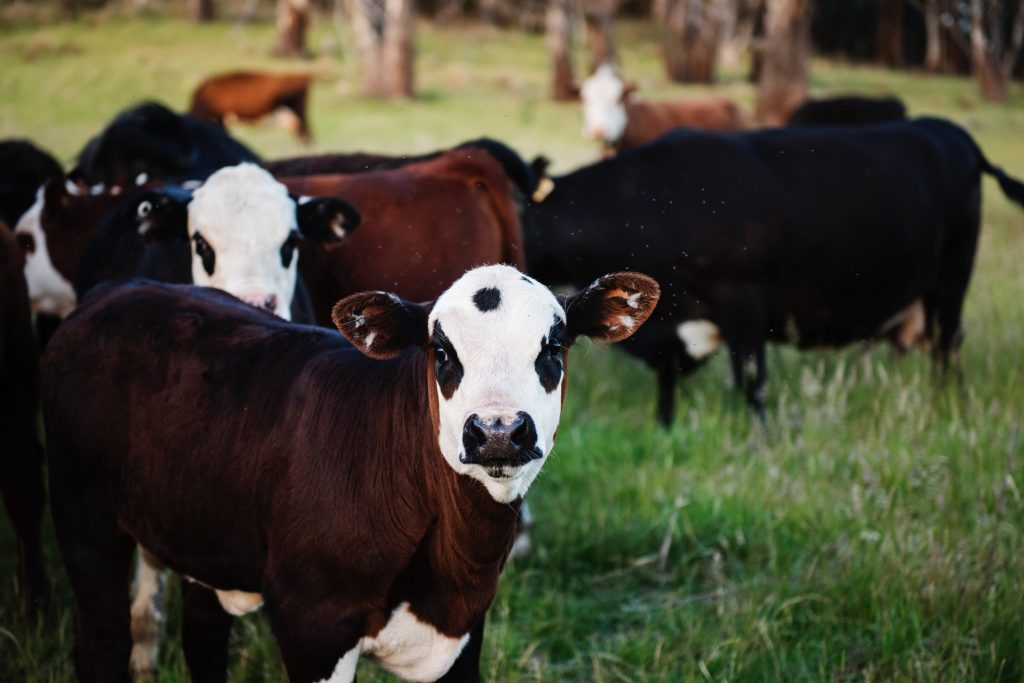The Highland Dairy (“Highland”), a 4,000-head dairy operation located in New Mexico, filed suit earlier this year against 3M Company and nine other chemical manufacturers for injuries Highland alleges it has sustained as a result of the defendants’ manufacture of per- and polyfluoroalkyl substances (“PFAS”). In the case, known as Schaap v. 3M Co., No. 2:19-cv-00105 (D. N.M. Feb. 7, 2019), Highland claims that the defendants damaged Highland’s business and property, caused the termination of Highland’s permits and contracts, and disrupted Highland’s ability to sell milk and cattle for beef. According to Highland, the defendants caused this damage by manufacturing PFAS which were used in the area around Highland Dairy and contaminated the groundwater that Highland uses to water its dairy and beef cattle. In 2018, tests revealed elevated levels of PFAS contamination in Highland’s cattle and the milk that the cattle produced, leading to the termination of Highland Diary’s Milk Purchase Agreement with Diary Direct and to the suspension of Highland’s Grade-A Permit for milk production from the New Mexico Department of Agriculture. Highland argues that the defendants knew or should have known that the PFAS they were manufacturing were toxic and would cause harm through environmental contamination. Therefore, Highland is asking the court to order the defendants to pay monetary damages that would cover the injuries Highland has suffered.
PFAS are a group of man-made chemicals including, but not limited to, perfluorooctanoic acid (“PFOA”) and ferfluorooctane sulfonic acid (“PFOS”). They contain elemental bonds of fluorine and carbon which make it extremely difficult for them to biodegrade into either the environment or human bodies. Because PFAS are resistant to heat and oils, they have been used make stain-resistant fabrics and carpeting, non-stick cookware, and fire-fighting foam. Fire-fighting foams and sprays containing PFAS were often used by the military and airport workers during training simulations, which has been suggested as the reason why elevated levels of PFAS are detected at or around military bases. According the Environmental Protection Agency (“EPA”), there is evidence that exposure to PFAs can lead to adverse health effects in humans because once PFAS are absorbed, they accumulate in the body. EPA has set health advisory levels for PFAS in drinking water at 70 parts per trillion (“ppt”).
In its complaint initiating the lawsuit against 3M Company, Highland claimed that the levels of PFAS contamination found on its property and in its cattle greatly exceeded the safety levels established by EPA. According to Highland, two wells located on its property were tested by the United States Air Force (“Air Force”) in 2018 and were found to contain 1,649 ppt and 671 ppt of PFAS respectively. Later that year, further testing conducted by the Food and Drug Administration revealed that milk samples taken from Highland’s dairy cows contained 1,620 ppt of PFAS. Highland alleges that the elevated PFAS levels detected not only in its wells, but also in the milk from its diary cattle have caused the Highland Dairy to lose roughly half of its annual income.
Highland has made several arguments in its complaint as to why 3M Company and the other defendants should ultimately be held responsible for the damage caused to Highland’s dairy operations. Among those arguments are the claims that 3M Company should be held strictly liable for introducing a defective product into the stream of commerce, and for failing to warn the public of the dangers posed by the defective product. In other words, Highland argues that the court should rule in its favor because 3M Company knew that its PFAS products were unreasonably dangerous due to the environmental contamination that results when the products are used in their intended manner, and that because 3M Company knew that its PFAS products were dangerous, it had a duty to the public not to sell those products and a duty to warn the public of the dangers caused by the products.
Highland is not alone in filing litigation over PFAS-related contamination. Earlier this year, the State of New Mexico filed suit against the Air Force, requesting that the court require the Air Force to clean up PFAS contamination in the groundwater around two bases located in New Mexico. Both New Hampshire and New Jersey have filed suit against PFAS manufacturers for alleged contamination of drinking water, and Minnesota settled a case against 3M Company in 2018 for discharges of PFAS into surface water. Additionally, an ex-firefighter in Ohio has sued PFAS manufacturers for health problems that he says are a result from decades of using fire-fighting foam made with PFAS.
While Highland’s case is still in its early stages, the results could impact farmers who have suffered harm due to PFAS-related contamination. If the court ultimately holds 3M Company and the other defendants liable for Highland’s injuries, it could open the door for other farmers who have suffered PFAS-related injuries to bring claims against the companies in other jurisdictions.
To read the full complaint in Schaap v. 3M Co., click here.
To learn more about Environmental Law click here.
